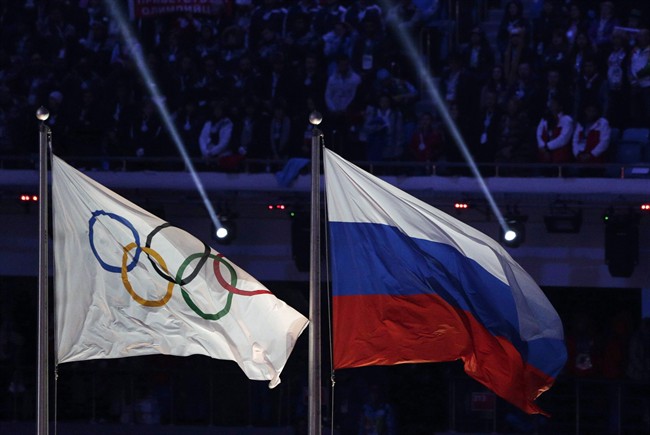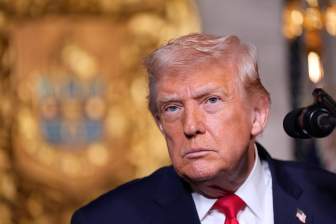Russian officials for the first time have admitted to mass doping in the country’s sports system but dismissed suggestions that the “institutional conspiracy” was state-sponsored, the New York Times reported Tuesday.

The final part of the World Anti-Doping Agency’s independent report into doping in Russia this month provided exhaustive evidence of an elaborate doping scheme but officials at the time denied it was a state-backed program.
READ MORE: IOC president Bach enraged by scale of Russian doping scandal
The report found more than 1,000 Russian competitors in more than 30 sports were involved in a conspiracy to conceal positive drug tests over a period of five years.
“It was an institutional conspiracy,” Anna Antseliovich, the acting director general of Russia’s anti-doping agency, told the New York Times, but added that top officials were not involved.
More than 100 Russian athletes were barred from competing at the Olympics in Rio de Janeiro this year after the International Olympic Committee set criteria for Russian athletes to meet, including a clean doping past and sufficient testing at international events.

Get daily National news
WATCH: Russia’s sports doping program involved thousands of athletes

“From my point of view, as a former minister of sport, president of the Olympic committee — we made a lot of mistakes,” Vitaly Smirnov, head of a new commission created to combat doping, was quoted as saying in the report.
“We have to find those reasons why young sportsmen are taking doping, why they agree to be doped.”
On Wednesday, the Kremlin said it would check the veracity of the report to make sure that Russia’s top anti-doping official had been accurately quoted.
READ MORE: New Russian doping report finds over 1,000 athletes involved in organized doping
Kremlin spokesman Dmitry Peskov said Russian authorities would investigate whether these were the actual words used by Antseliovich and in what context they had been spoken before deciding how to respond.
He said the Kremlin had from the beginning denied that the Russian state had been involved in doping.
“We are not inclined to consider this information as first hand,” said Peskov.
“The accuracy of these words first needs to be checked.”



Comments